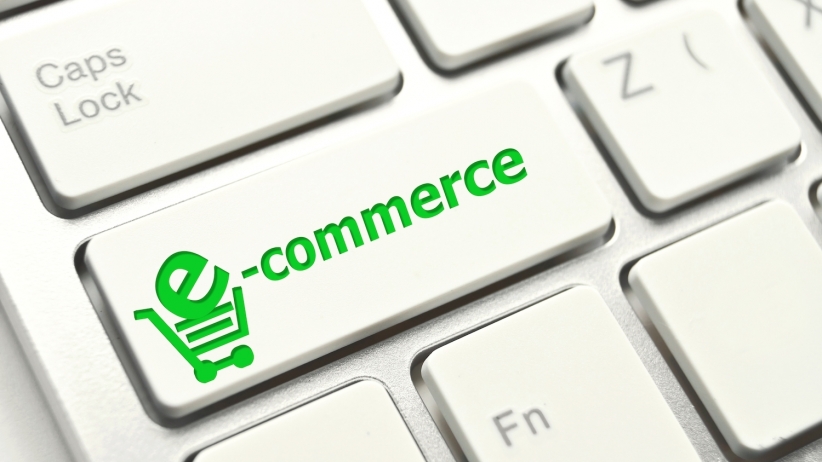There is more to launching an ecommerce business than “throwing up” a website, adding some products to your store, and buying traffic.
This basic approach may generate some results, but the lack of a defined plan will eventually take its toll on your business.
Fortunately, there are a variety of technologies and tools that can help you successfully launch and maintain an ecommerce business. Here are five that deserve your attention:
1. Oberlo
Are you interested in launching an online store, but concerned about sourcing high quality and affordable products? This is where Oberlo comes into play.
Oberlo is a marketplace to search for, compare, and find products to sell online. In other words, it helps connect storeowners with suppliers.
Adding to this is its dropshipping tool, which allows you to do the following:
- Find and import products into your online store, all with a single click of your mouse (Chrome plugin).
- Sell items for a profit.
- Ship items directly from the supplier, meaning you never have to touch inventory.
- Automating many aspects in your store, such as item fulfillment.
Since its launch in 2015, Oberlo merchants have sold more than 85 million products. That number alone proves how powerful this technology can be.
2. Shopify
Are you searching for an online platform to power your online store? Shopify is more than your average, run of the mill ecommerce software.
With this technology at your fingertips, you gain access to everything you need to sell online.
Here are some of the many features that have made Shopify so popular among online storeowners:
- No design skills necessary
- Full customization of all aspects of your online store
- Dashboard for tracking sales and growth trends
With more than $34 billion sold by stores running on the Shopify platform, it’s easy to see that this is a great place to start your journey.
Wix or Shopify? Decisions, Decisions! When it comes to an online website builder with E-Commerce punching power which corner will you side with? It is clear that there are lots of web builders and E-Commerce platforms available for you to choose from. Wix vs Shopify for E-Commerce certainly falls into this category.
3. Google Analytics
Here’s how Google defines its Analytics tool:
“Google Analytics Solutions offer free and enterprise analytics tools to measure website, app, digital and offline data to gain customer insights.”
In short, this is a free tool that allows you to track visitors and gain key insights. For example, you can learn:
- Top traffic sources
- What your visitors are doing when they visit your site
- Top devices and operating systems
- Most popular pages
The more you know about your audience the easier it is to adjust your marketing plan with the idea of boosting conversions, sales, and revenue.
4. Canva
The best online stores provide an amazing customer experience. A large part of this is the design of your website, combined with your use of graphics.
If you’re seeking a way to improve the overall appearance of your website, Canva is one of the many tools you need to use.
It doesn’t matter what type of graphic you’re trying to create, Canva makes it simple – even if you don’t have any design skills.
There are more than 10 million people using Canva to meet all their design needs, many of which are online storeowners. From product images to social media illustrations, use Canva as a means of taking your creativity to the next level.
Conclusion
So, there you have it. If you want to start an ecommerce business with the idea of reaching all your goals in the near future, don’t overlook any of these technologies. They can all do something special for your business.

